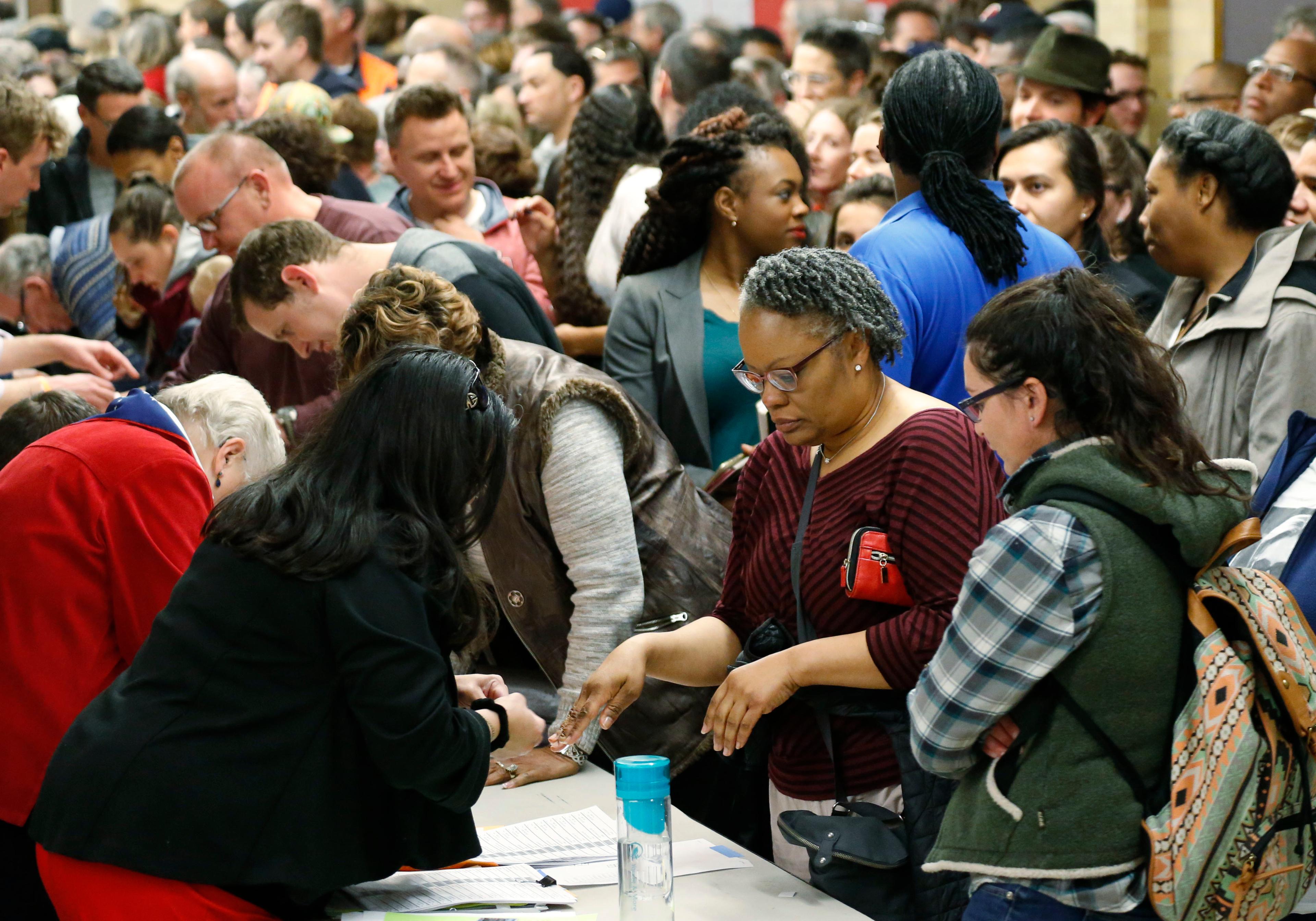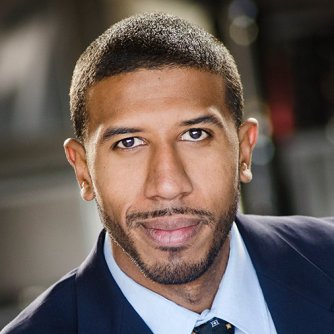
Many of presidential candidate Bernie Sanders' supporters in Colorado and elsewhere are surprised and none too pleased with the role of superdelegates in the the Democratic Party's nominating process. But the superdelegates have been around for decades, the result of an evolving nominating process in the party, one that tends to alternate between favoring party elites and empowering the voting public.
When Minnesota Sen. Hubert Humphrey won the Democratic Party's presidential nomination in 1968 without entering a single primary election, and then lost to Republican Richard Nixon, the Democrats changed the process and reduced the role of party leaders in the nominating process, and elevated the role of primary voters. Four years later, those same primary voters picked South Dakota Sen. George McGovern, whose 49-state loss to Nixon is legendary. Then, Republican Ronald Reagan handed the Democrats another landslide defeat, beating Jimmy Carter's re-election effort in 1980.
In 1984, the Democrats' Hunt Commission recommended the creation of the superdelegates. Their purpose: to tilt the delegates scales in favor of a candidate deemed most electable by party elders.
Elaine Kamarck, senior fellow at Brookings Institution, wrote the book "Primary Politics: Everything You Need to Know about How America Nominates Its Presidential Candidates." She spoke to Colorado Matters host Ryan Warner about the creation of superdelegates.
Have superdelegates acted against the will of public delegates?
"They've never done it before.
"This is very like 2008, in that Hillary Clinton and Barack Obama were running a very close race in the public delegates. Most of the superdelegates in 2008 started out for Hillary Clinton but when Barack Obama ended up with the most publicly elected delegates, all the superdelegates voted for Barack Obama.
"This time, Hillary Clinton is running about 200 public delegates ahead of Bernie Sanders. If she keeps up that margin and she goes into the convention with a delegate lead, she's going to win and the superdelegates will vote for her. If she starts to fall behind in the publicly elected delegates, then I think you'll see what we saw in 2008, which is superdelegates changing their allegiance and following basically, the will of the people.
"One thing that I think our listeners need to understand is that superdelegates are also all elected. Every single one of them is elected by somebody at home. And therefore, they would not change their mind lightly or whimsically, right? I mean, it's a serious decision to go against the will of the people."
Do you think that reporting the superdelegate count, as one of our listeners suggested, tries to discourage Bernie supporters from showing up to vote?
"Frankly, given Bernie Sanders' hefty win in Michigan the other day and how well he's been doing, I don't see any evidence that the superdelegates are causing people to stay home and not to vote. ... I guess I question that they're having as much influence as some people think.
"I don't like it when the media lumps together the superdelegates with the publicly elected delegates. But for instance, Associated Press separates them out. I think there's two separate categories."
Are superdelegates going away any time soon?
"Members of the Democratic National Committee do not want to be in the position of telling their members of the Senate and the Congress and their Democratic governors that they can't go to the convention unless they run against their constituents in district caucuses.
"And the members of the DNC themselves, most of whom are party chairmen and vice chairmen spend the entire four years in between cycles getting the nomination system ready. It usually behooves them to remain uncommitted until the end so that they can't be accused of running a dishonest system in their state. [Being a superdelegate is] not much reward, but it's a little bit of a reward for their work for the party, much of which is unpaid."









